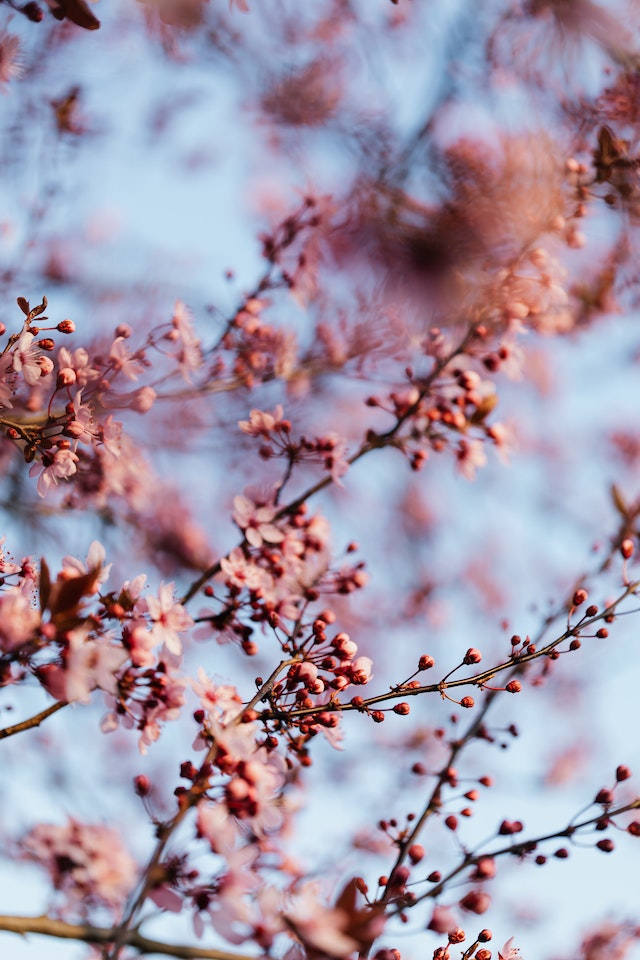Botanical Description:
Scientific Name: Arctium lappa
Family: Asteraceae (Daisy family)
Common Names: Burdock, Greater Burdock, Gobo
Description: Burdock is a biennial herb native to Europe and Asia, and it has naturalized in North America. It is recognizable for its large, heart-shaped leaves that are fuzzy and green on the top, and whitish and woolly underneath. In the second year of growth, Burdock produces tall, prickly burrs that house its seeds. The root is thick, fleshy, and brown on the outside with a white interior. The entire plant, including leaves, stems, and root, is used in herbal medicine.
Disclaimer:
This Materia Medica is provided for informational purposes only and should not replace professional medical advice. Please consult with a qualified healthcare practitioner or herbalist before using any herbal remedies.
Therapeutic Actions:
- Alterative: Burdock is considered an alterative, promoting blood purification and detoxification.
- Diuretic: It has diuretic properties, aiding in the elimination of excess fluids and waste from the body.
- Demulcent: Burdock is demulcent, soothing to mucous membranes and providing mild inflammation relief.
- Antioxidant: The herb exhibits antioxidant effects, protecting cells from oxidative stress.
- Hepatic: Burdock supports liver health and function, aiding in the metabolism of toxins.
Constituents:
- Inulin: Burdock root is rich in inulin, a prebiotic fiber with potential health benefits.
- Polyacetylenes: These compounds have antimicrobial and anti-inflammatory properties.
- Lignans: Burdock contains lignans, which have antioxidant and potential anti-cancer effects.
- Essential Oils: Volatile oils contribute to the herb’s therapeutic properties.
Traditional Uses:
- Skin Conditions: Burdock is traditionally used for skin conditions such as eczema, psoriasis, and acne.
- Blood Purification: It is employed as a blood purifier, helping to eliminate toxins and support overall health.
- Arthritis and Rheumatism: Burdock is used for conditions involving inflammation, such as arthritis and rheumatism.
- Detoxification: The herb is included in detoxification protocols to support the liver and kidneys.
- Diabetes Support: Burdock root, rich in inulin, is used to help manage blood sugar levels.
Dosage and Preparation:
- Decoction: Prepare a decoction by simmering 1-2 teaspoons of dried Burdock root in water for 10-15 minutes. Drink up to three times a day.
- Tincture: Burdock tinctures are available. Follow product recommendations or herbalist advice for dosage.
- Infusion: An infusion of Burdock leaves can be used for skin conditions. Steep 1-2 teaspoons of dried leaves in hot water for 10-15 minutes.
- Topical Applications: Burdock poultices or infused oils can be applied topically for skin issues.
Cautions and Considerations:
- Allergic Reactions: Some individuals may be sensitive to Burdock. Discontinue use if allergic reactions occur.
- Pregnancy and Lactation: Pregnant and lactating individuals should consult with a healthcare practitioner before using Burdock.
- Interactions with Medications: Burdock may interact with certain medications, particularly diuretics or blood sugar-lowering medications. Consult with a healthcare provider.
- Harvesting Considerations: Harvesting Burdock root should be done carefully to avoid confusion with toxic plants like belladonna.
Conclusion:
Burdock, with its alterative, diuretic, and antioxidant properties, holds a prominent place in traditional herbal medicine. Its historical use in supporting skin health, blood purification, and detoxification aligns with its constituents that offer a range of potential benefits. However, caution is advised, especially in certain populations and when considering potential interactions with medications. Consulting with a qualified healthcare practitioner or herbalist ensures safe and effective use of Burdock within the context of an individual’s health and wellness.





